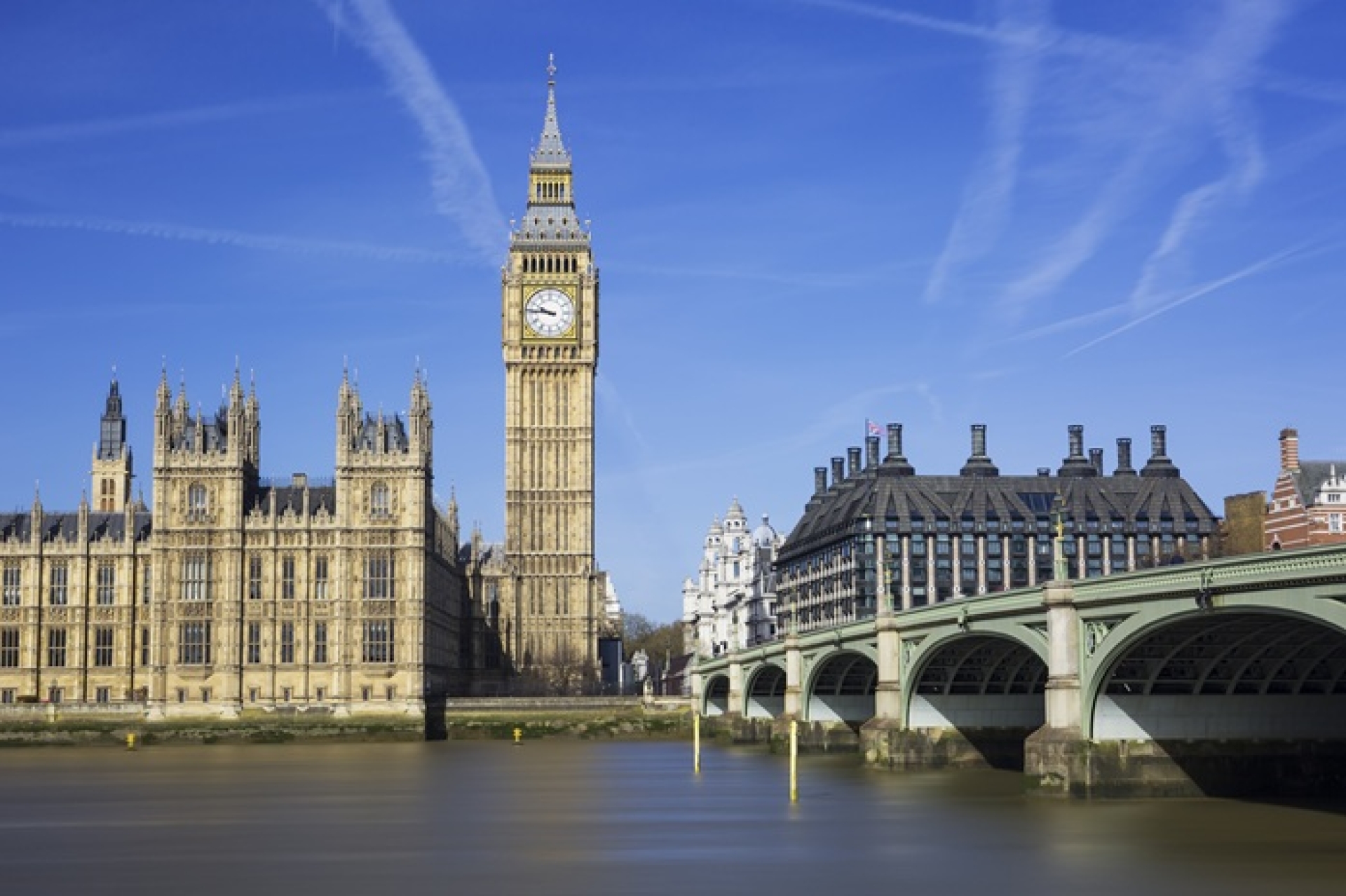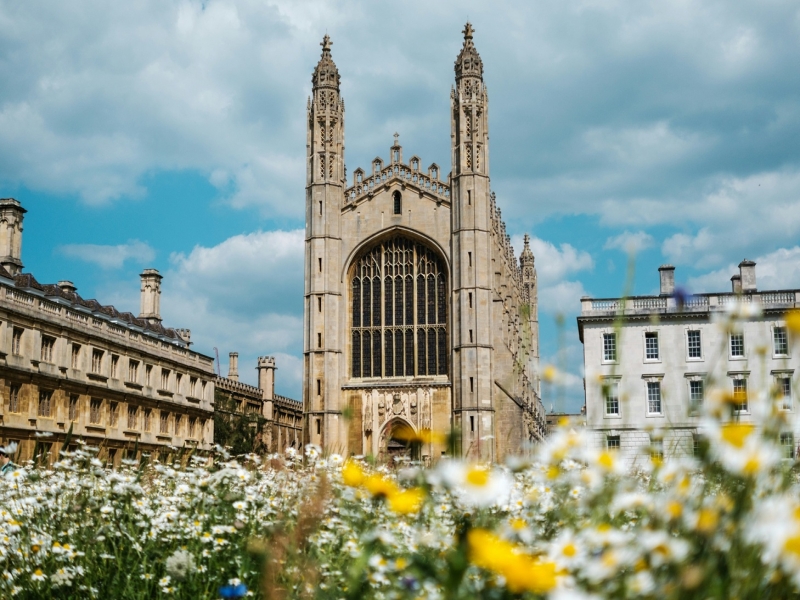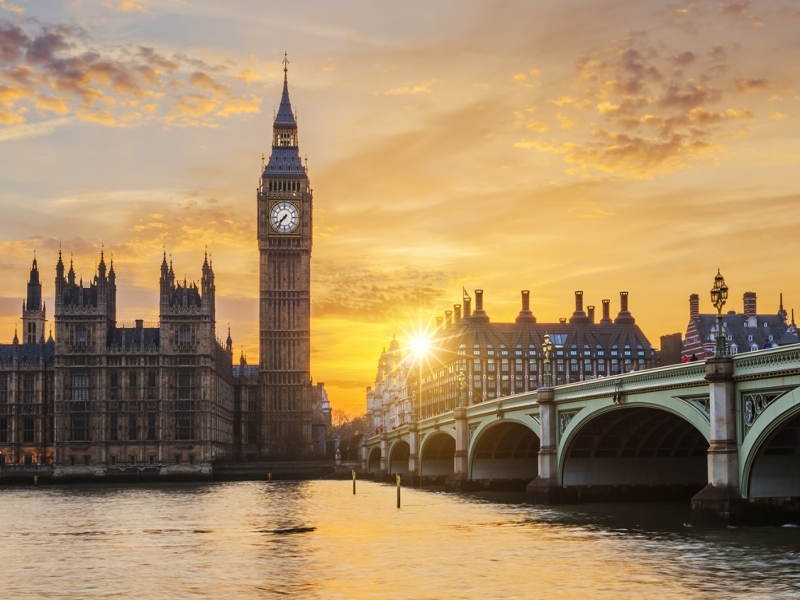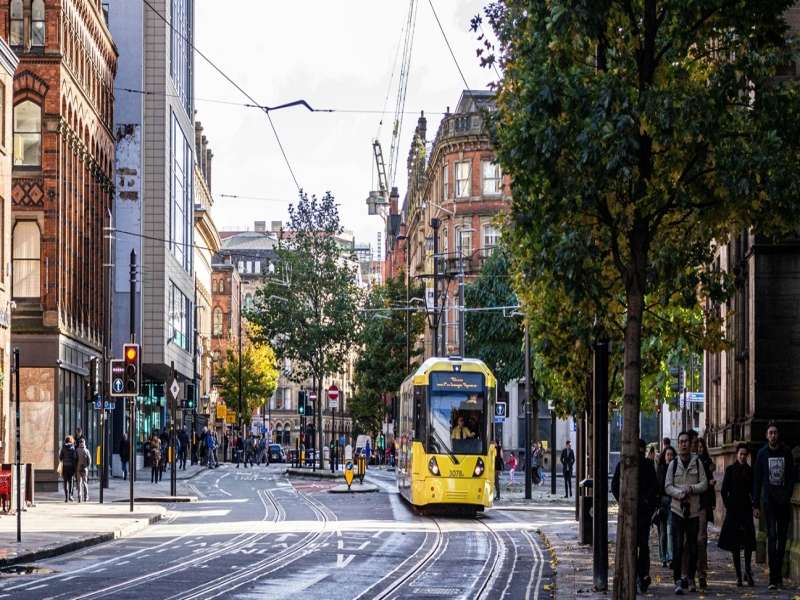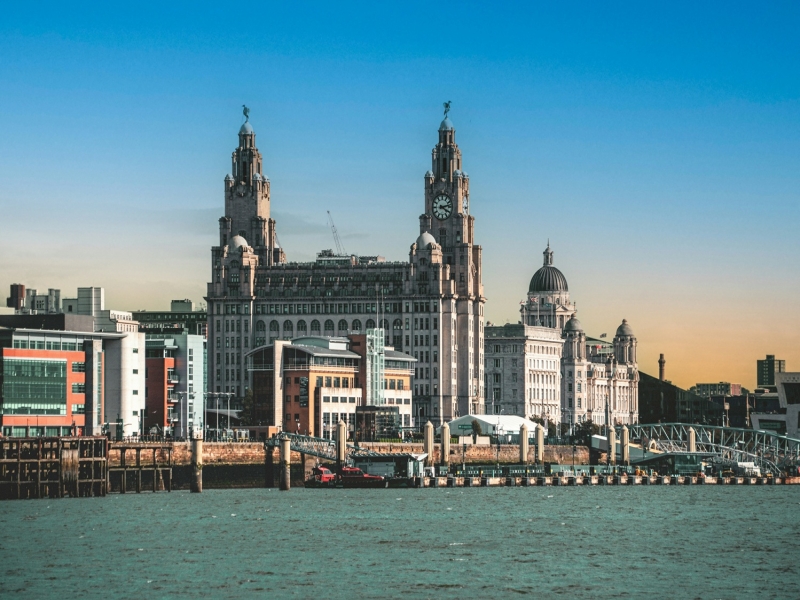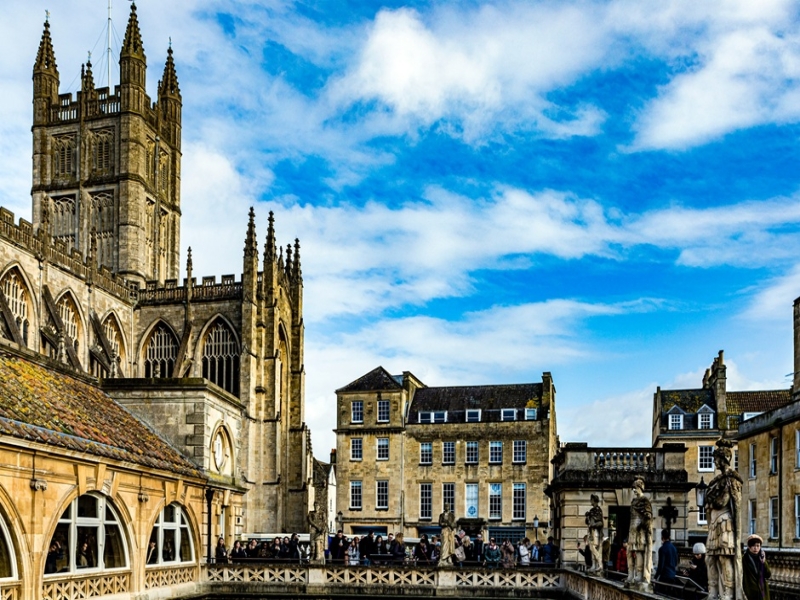Cambridge Unveiled: A Timeless Blend of Knowledge, Beauty, and TraditionCambridge, one of England’s most storied and picturesque cities, is globally renowned for its prestigious university, striking architecture, and charming riverside at
Exploring England: A Journey Through History, Culture, and Natural Beauty
England, the largest country in the United Kingdom, is a captivating destination that seamlessly blends ancient history with modern innovation. From the iconic skyline of London to the rolling hills of the Cotswolds, England offers an incredibly diverse array of tourist attractions. This article explores the country's most renowned cities, historic landmarks, scenic countryside, and cultural highlights.
1. London: The Capital of Culture and History
As the capital city, London is often the first stop for tourists.
- The Tower of London: A UNESCO World Heritage Site, this historic fortress has served as a royal palace, prison, and treasury. Home to the Crown Jewels, it offers insight into England's royal past.
- The British Museum: One of the world’s best museums, housing artifacts like the Rosetta Stone and Elgin Marbles.
- Buckingham Palace: The official residence of the monarch, where visitors can witness the Changing of the Guard.
- The London Eye and River Thames Cruises: These offer panoramic views of the city's skyline, including Big Ben, the Shard, and St. Paul’s Cathedral.
2. Oxford and Cambridge: The Academic Giants
Home to two of the oldest universities in the world, these cities are steeped in academic tradition and beautiful architecture.
- University Colleges: Visitors can tour the colleges, libraries, and chapels of both universities, many dating back to the 12th and 13th centuries.
- Punting on the River: A relaxing and iconic way to explore both cities.
- Museums and Botanic Gardens: Both Oxford and Cambridge house world-class museums and gardens open to the public.
3. The Cotswolds: Quintessential English Countryside
Located in south-central England, the Cotswolds is known for its charming villages and scenic landscapes.
- Stone Cottages and Market Towns: Places like Bourton-on-the-Water and Stow-on-the-Wold showcase classic English architecture.
- Walking Trails: The Cotswold Way offers over 100 miles of trails through rolling hills and meadows.
- Country Pubs and Tearooms: Enjoy traditional English fare in cozy, centuries-old establishments.
4. Stratford-upon-Avon: Shakespeare’s Birthplace
This medieval market town is famous for being the birthplace of William Shakespeare.
- Shakespeare's Birthplace: A museum and historical site where the playwright was born.
- Royal Shakespeare Theatre: Offers performances of Shakespearean classics by the Royal Shakespeare Company.
- Historic Streets and Tudor Architecture: Explore a town that retains much of its 16th-century charm.
5. Bath: Roman History and Georgian Elegance
Named for its Roman-built baths, Bath is a UNESCO World Heritage Site known for its beautiful architecture.
- The Roman Baths: One of the best-preserved ancient Roman spas in the world.
- Bath Abbey: A majestic Gothic church in the city center.
- Georgian Architecture: Walk along the Royal Crescent and The Circus, exemplary of 18th-century urban planning.
6. Stonehenge and Salisbury
Stonehenge is one of the most famous prehistoric monuments in the world.
- Stonehenge: Believed to be over 4,000 years old, this mysterious stone circle continues to fascinate archaeologists and tourists.
- Salisbury Cathedral: Nearby, this 13th-century cathedral has the tallest spire in the UK and houses an original copy of the Magna Carta.
7. The Lake District: England’s Natural Wonderland
Located in northwest England, this region is renowned for its lakes, forests, and mountains.
- Lake Windermere: The largest natural lake in England, popular for boat tours and water sports.
- Hiking and Outdoor Activities: Explore trails like Scafell Pike, England’s highest peak.
- Literary Connections: Visit the former homes of William Wordsworth and Beatrix Potter.
8. York: Walled City of the North
York is a medieval city known for its rich history and impressive architecture.
- York Minster: One of the largest and most beautiful Gothic cathedrals in Northern Europe.
- The Shambles: A well-preserved medieval street lined with timber-framed buildings.
- City Walls: Walk along the ancient walls for panoramic views of the city.
9. Liverpool: Maritime Heritage and Musical Fame
Once one of the world’s most important ports, Liverpool is now known for its cultural contributions.
- The Beatles Story: A museum dedicated to the legendary band.
- Royal Albert Dock: Features shops, museums, and eateries along the historic waterfront.
- Maritime and Slavery Museums: Explore Liverpool's role in global trade and human history.
10. Cornwall and Devon: Coastal Beauty and Legends
Located in the southwest, these counties are known for dramatic coastlines, beaches, and legends.
- St Ives and Falmouth: Charming seaside towns with art galleries and seafood restaurants.
- Tintagel Castle: Linked to the legend of King Arthur.
- Surfing and Coastal Walks: Especially popular in areas like Newquay and the South West Coast Path.
Travel Tips for Visiting England:
- Getting Around: England has an extensive public transportation network including trains, buses, and domestic flights.
- Weather: The weather can be unpredictable, so it's wise to carry an umbrella or raincoat.
- Cultural Etiquette: Politeness is valued; saying "please" and "thank you" goes a long way.
- Currency: The currency is the British Pound (GBP).
From medieval castles and charming villages to dynamic cities and stunning coastlines, England is a treasure trove of experiences for every traveler. Whether you're a history enthusiast, nature lover, or art aficionado, England promises a journey full of discovery and delight.

